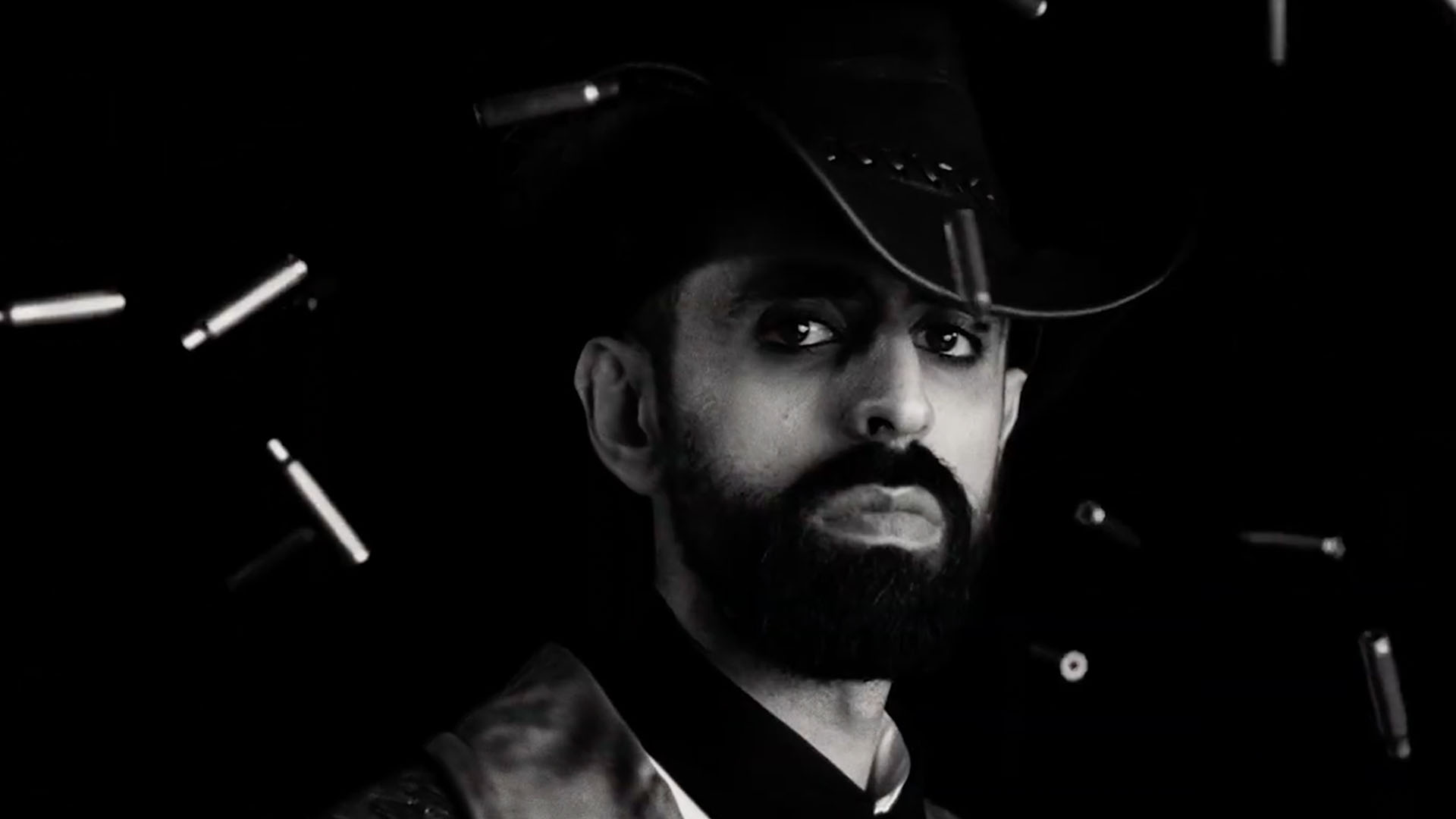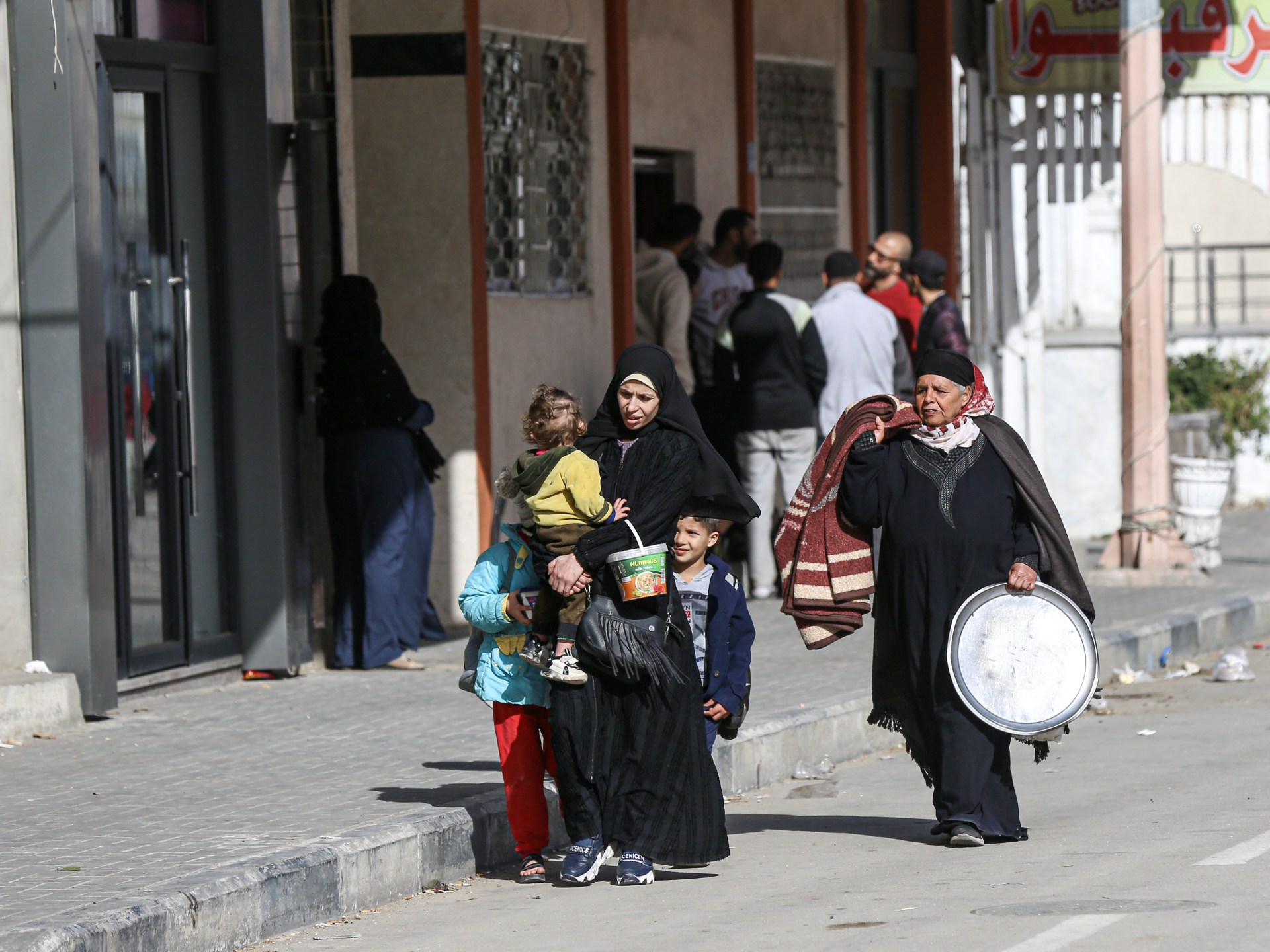The Cries of Gaza Reach Afghanistan — Global Issues
KABUL, Afghanistan, Nov 22 (IPS) – On the morning of 11 November, Mohammed Abu Salmiya, the Director of Gaza’s largest medical center, Al Shifa Hospital, sent out an emotional S.O.S. to the world through a television news interview and through the remaining charge on his mobile phone. His plea for an immediate ceasefire on behalf of a hospital under siege and its 700 critically injured and ill patients, 36 premature babies, 400 staff, and the 2000 vulnerable civilians. These people sheltering within the hospital and its garden were heard as far away as Afghanistan yet totally ignored where it counted most- with the men in Israel’s war cabinet and Washington; they were busy executing and aiding an illegal war of choice on an unarmed, defenseless hospital and one of the poorest and densely populated places in the world.
Like the Palestinians, Afghans have experienced the cruelty of armed conflict and occupation for decades. They know the painful cost of the endless wars waged by those who so casually destroy innocent lives in exchange for more power, revenge, or, as in the case of America’s post-9/11 response to Afghanistan, delusion that war can somehow defeat terrorism. In 2015, a U.S. gunship fired hundreds of shells into an M.S.F. trauma hospital in Kunduz, in northeastern Afghanistan because it had intelligence that Taliban fighters were based at the same location.
Like Al Shifa Hospital’s S.O.S., those M.S.F. staff who survived the initial shelling desperately called military authorities in the area to call off the attack. Shelling continued for nearly an hour, and by the time it stopped, 34 men, women, children, patients, nurses, doctors, and M.S.F. support staff were killed, and dozens more seriously injured. Another casualty of the attack was the community. Before the hospital was destroyed, it had served as a lifeline for civilians wounded by the war raging around them but also as the only specialized surgical hospital in the region. It took six years for the hospital to reopen.
Between 2001 and the day U.S. Forces chaotically left Afghanistan twenty years later, nearly 50,000 Afghan civilians were killed as a direct result of the U.S. and Coalition military occupation. Brown University’s The Cost of War Project and other independent sources, such as the Uppsala Conflict Data Program, have determined that the scope of direct and indirect deaths through injury, malnutrition, poor water sanitation, infectious disease, pregnancy and birth-related risks, and cancers left untreated as a result of destroyed public services and infrastructure. The U.S. led post 9-11 total civilian death toll in Afghanistan, Pakistan, Iraq, Yemen, Syria and Libya was an unfathomable 4 million people and a staggering 40 million people displaced by the fighting.
Despite the lingering scars of war and the dire humanitarian crisis facing Afghans today, the hearts of Afghans are with Gazans and with all those citizens of the world from Washington DC to London, Mexico City to Istanbul, who are crying out for a cease-fire and sense of humanity to prevail amidst world leaders. This heartbreaking, cruel moment transcends borders.
The collective punishment of the Palestinian people by Israel in retaliation for the actions of Hamas, with the unconditional diplomatic backing and financial and military support of the United States and many European nations, is now a collective pain felt across the world, irrespective of nationality, religion, ethnicity, or class.
When President Biden visited Israel on 18 October, he said, “I caution this: While you feel rage, don’t be consumed by it…After 9/11, we were enraged in the United States. And while we sought justice and got justice, we also made mistakes.” Instead, Washington, the U.K., and E.U. leaders have wasted precious time and lives arguing for humanitarian pauses while giving Israel the green light to continue its slaughter of civilians throughout the Gaza Strip.
The scope of the human catastrophe so far could have been prevented had President Biden backed up his advice to Israel with immediate humanitarian action for the Palestinian people and support through the several law enforcement and diplomatic options at Israel’s disposal to expedite the release of the 240 Israeli hostages and reinforce Israel’s border security from further Hamas attacks.
In the face of such inhumanity, President Biden’s ultimate mistake now would be continuing to ignore his advice to Israel. As Yonatan Zeigen, the son of 74 Vivian Silver, a lifelong peace activist, murdered by Hamas at Kibbutz Be’eri on October 7th, said this week, “Israel won’t cure our dead babies by killing more babies.”
It has been 12 brutal days and nights since those in power ignored the S.O.S. by the director of Al-Shifa Hospital. The I.D.F. forces stormed the hospital soon after the director’s urgent humanitarian appeal to the world. All of Al Shifa’s 22 intensive care patients have died, and another 30 patients, including three premature babies, have also died. Mohammed Abu Salmiya made another call to the world. This time, he said Al Shifa was “no longer a hospital but a graveyard” and reminded world leaders that civilians and civilian infrastructure such as hospitals are protected by international law and, if not the law, then by one’s sense of decency and humanity. So far, the response to Al Shifa’s Director from Washington and some E.U. members continues to be a surge in lethal military aid to Israel.
The four-day humanitarian pause Qatar just announced needs to be reinforced by American and European demands on Israel for a definitive end to hostilities. The devastation of lives and infrastructure in Gaza is so vast and traumatic that a humanitarian pause immediately followed by a resumption of attacks on civilians by Israel and retaliations by Hamas will only lead to an abyss of more suffering for both Palestinians and Israelis and escalate the risk for a broader regional war.
If only Western leaders, starting with President Biden, had as much courage as the director, staff, and patients of Al Shifa Hospital and the loved ones of those killed at Kibbutz Be’eri on 7 October.
Unlike in Afghanistan, the time to stop the war is now, not after twenty years.
Melek Zahine is a humanitarian affairs and disaster management specialist with over 30 years of experience working in Afghanistan, the Middle East, and the Balkans.
IPS UN Bureau
Follow @IPSNewsUNBureau
Follow IPS News UN Bureau on Instagram
© Inter Press Service (2023) — All Rights ReservedOriginal source: Inter Press Service
Check out our Latest News and Follow us at Facebook
Original Source







